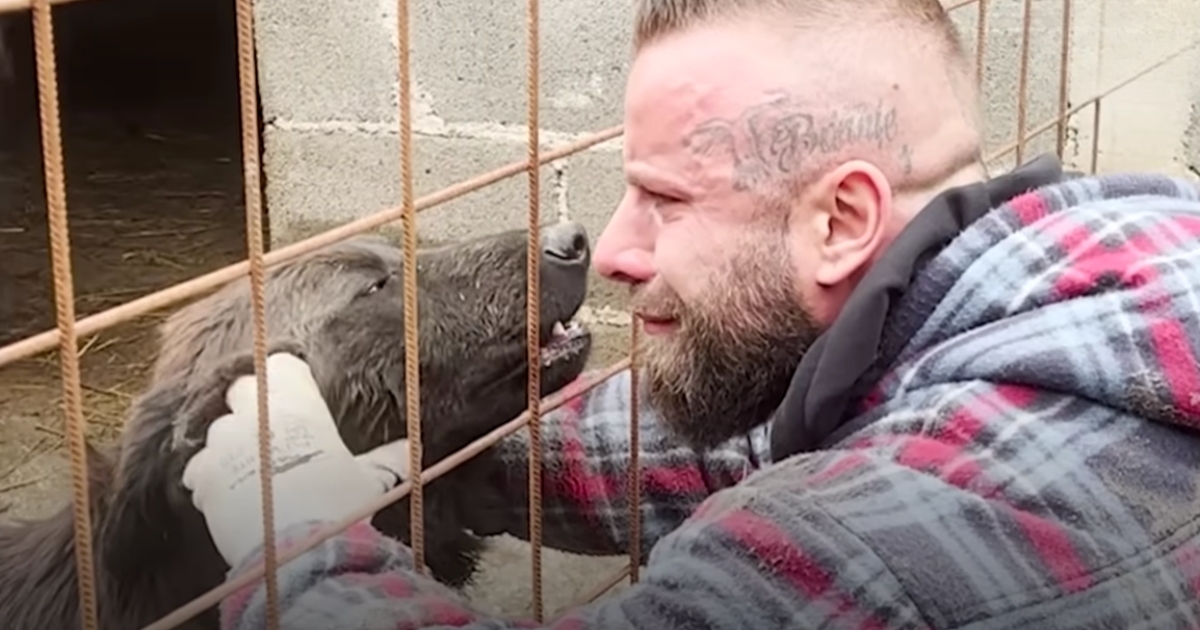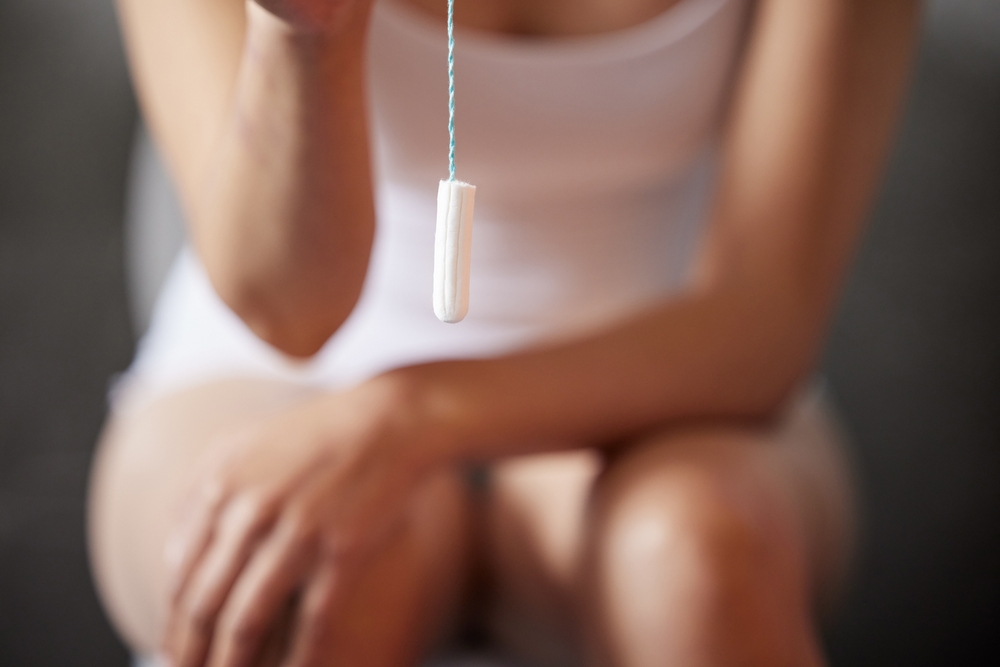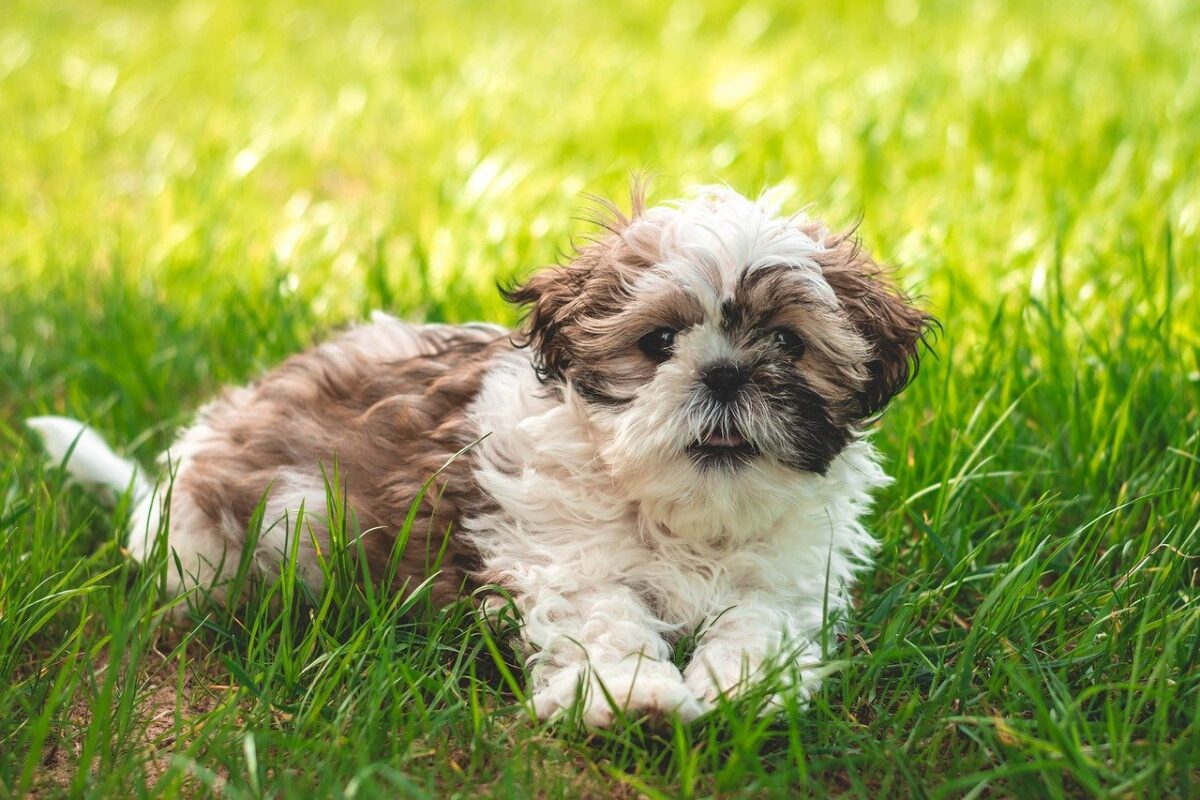
Out of nowhere, puppy starts hiccuping, and initially it’s cute, but then you might start getting concerned – heck I know I did when I was a new puppy parent!
Luckily, a few years later (read: lots of years, but I like to stay humble), I’ve actually made a shortlist of the most common reasons your puppy’s getting hiccups.
And let me just say, hiccups are really common and something like 99% of the time you do not need to worry.
Puppy hiccups are much like human hiccups! So, let’s explore the world of dog hiccups and shed light on the potential causes of frequent episodes in your four-legged friend.
I’ll also provide helpful tips and remedies to ensure that your pet stays healthy and happy. Whether you’re a new puppy owner or a seasoned dog parent, understanding minor common health concerns such as hiccups helps us be better dog parents and care for our doggos to a better degree (and keep those vet bills down!).
So, let’s delve into the underlying reasons behind the occasional hiccup episodes of your furry friend and learn how to address them effectively.
Explore why dogs hiccup and learn effective remedies to help them.
What Triggers Hiccups in Puppies?
Hiccups in puppies are sparked by involuntary contractions of the diaphragm, the muscle at the chest’s base, leading to a sudden intake of air and the familiar hic sound. This isn’t just a quirk of canine biology but a common phenomenon in mammals, showing that puppies share more with human babies than just endearing looks.
Looking for a more structured approach to training your puppy? Want to get rid of that unknown? Pupdates is your answer!
In puppies, this reflex is more pronounced due to their higher energy levels and rapid breathing, often seen during playful romps or after a hearty meal. The young age and developing physiology of puppies make their diaphragm more reactive, prone to spasms that trigger these hiccups. Factors like excitement, rapid eating, or even changes in temperature can exacerbate this, leading to those adorable yet sometimes puzzling bouts of hiccups.
Understanding what triggers hiccups in puppies is essential for pet parents. It reassures them that, in most cases, hiccups are a normal part of puppy development, not a cause for alarm. With this knowledge, owners can better care for their growing pets, ensuring these hiccup episodes are nothing more than a brief and harmless interruption in their puppy’s day.
Note: There is a difference between hiccups and reverse sneezing.
Puppy hiccups are normal, caused by diaphragm contractions from excitement.
Common Causes of Puppy Hiccups
Puppy hiccups can stem from various causes – and unlike it is in us dog owners, it’s not down to spicy food!
Fast Eating: Puppies often eat quickly, swallowing much air, which can lead to hiccups. It can be a good idea to remedy your dog’s hiccups with slow feeders and scatter feeding to mitigate this by reducing the speed of their food intake and the air they take in with it.
Excitable Nature: The energetic and playful nature of puppies increases their heart rate and breathing, sometimes resulting in a bout of hiccups.
Growth Phases: Like fetal hiccups in a mother’s womb, puppies can also experience hiccups as part of their developmental process!
Puppy hiccups often arise from fast eating, excitement, or growth phases.
Remedies and Prevention
Pet parents can take solace in the fact that most puppy hiccups are harmless and can be managed with simple home remedies:
Ensure Hydration: Providing a water bowl with fresh water can help alleviate hiccups. A little water might interrupt the hiccup cycle.
Regulate Diet and Eating Habits: Feeding your puppy dog food in smaller portions and using a slow-feeder bowl can prevent the rapid intake of air. You can also soak your puppy’s kibble which may help them to slow down and chew their food, resolving this common cause of hiccups.
Manage Play and Rest: Balance active play with short walks and rest to regulate your puppy’s breathing and reduce the frequency of hiccups which will help minimise the diaphragm spasms that can cause hiccups! Do remember that a short walk and light exercises in training sessions are very much recommended with puppy, not just for the sake of hiccups, but for managing their tiredness levels, and for avoiding future medical problems.
Most puppy hiccups are harmless and manageable with simple remedies.
When Hiccups Indicate a Health Concern
While occasional hiccups are no cause for alarm, persistent or severe hiccups can signal underlying health problems:
Respiratory and Gastrointestinal Issues: If your puppy (or dog) are known to have tummy troubles, you may factor the hiccups into gastrointestinal issues. Trouble breathing, wheezing sounds, or signs of an upset stomach during hiccups may require attention.
Stress-related Symptoms: Excessive hiccupping, combined with signs of stress or anxiety, might reflect higher cortisol levels or other health concerns.
Professional Guidance and Care
When it comes to managing your puppy’s hiccups, especially if they are frequent or severe, seeking professional guidance from a great vet is a smart move as they can ensure there’s no underlying health problem. Persistent hiccups, while often benign, can sometimes signal more significant medical issues in your furry friend, such as respiratory diseases, trouble breathing, or complications with the dog’s diaphragm – though these are more likely in adult dogs.
Veterinarians can assess the situation, considering factors like the frequency of hiccups, any accompanying symptoms (like difficulty breathing, wheezing sound, or signs of an upset stomach), and the overall health of your puppy. They might check for common causes of hiccups related to rapid eating or stress but also rule out less common but more serious conditions like heart rate anomalies or issues in the chest cavity.
In rare instances, hiccups could be a manifestation of an underlying problem within the diaphragm or even spinal cord issues. Therefore, professional evaluation is crucial to ensure that your puppy’s hiccups are just a harmless quirk of their development and not a symptom of a deeper health concern. The bottom line is that the well-being of your pet should always be a top priority, and expert advice can be invaluable in maintaining your puppy’s health and happiness.
Seek vet advice for frequent puppy hiccups to rule out health issues.
Hiccups Happen!
For new puppy parents, grasping the common causes of hiccups, such as fast eating, excitable nature, and various growth phases, is essential for nurturing a healthy pet. Implementing preventive measures, like using slow feeders, ensuring a calm environment, and monitoring the intake of air during playful activities, can significantly reduce the incidence of hiccups in puppies. Recognizing when these occasional hiccups warrant professional consultation is also vital to safeguard your pet’s health.
Puppy hiccups are often a benign phase in the developmental journey of your furry friend, akin to the fetal hiccups in a mother’s womb, signifying growth and vitality. However, it’s imperative for pet owners to remain vigilant. Understanding when a hiccup episode crosses the line from being a mere quirk to a potential health concern is crucial. This awareness empowers pet parents to seek timely advice from veterinary professionals or organizations like the American Kennel Club, ensuring that their puppies of all ages receive the appropriate care and attention.
Essentially, while hiccups in puppies are generally not a cause for alarm, they can serve as reminders of the dynamic and evolving nature of your pet’s health. By staying informed and proactive, pet parents can ensure that these hiccup episodes remain nothing more than a fleeting and endearing aspect of their puppy’s growth and well-being.
Well done on learning about your puppy’s hiccups! If you want proper support for raising your puppy, you need pupdates!
Author, Ali Smith
Ali Smith is a professional, qualified, and multi-award winning trainer is the founder of rebarkable. She has always believed animals deserve kindness and champions force free methods. Believing that dog guardians will all choose the kindest options if proper information is provided, she aims to help all dog guardians who need it and make dog training as accessible as possible
Ali lives win Maryland, US with her husband and her three dogs.






